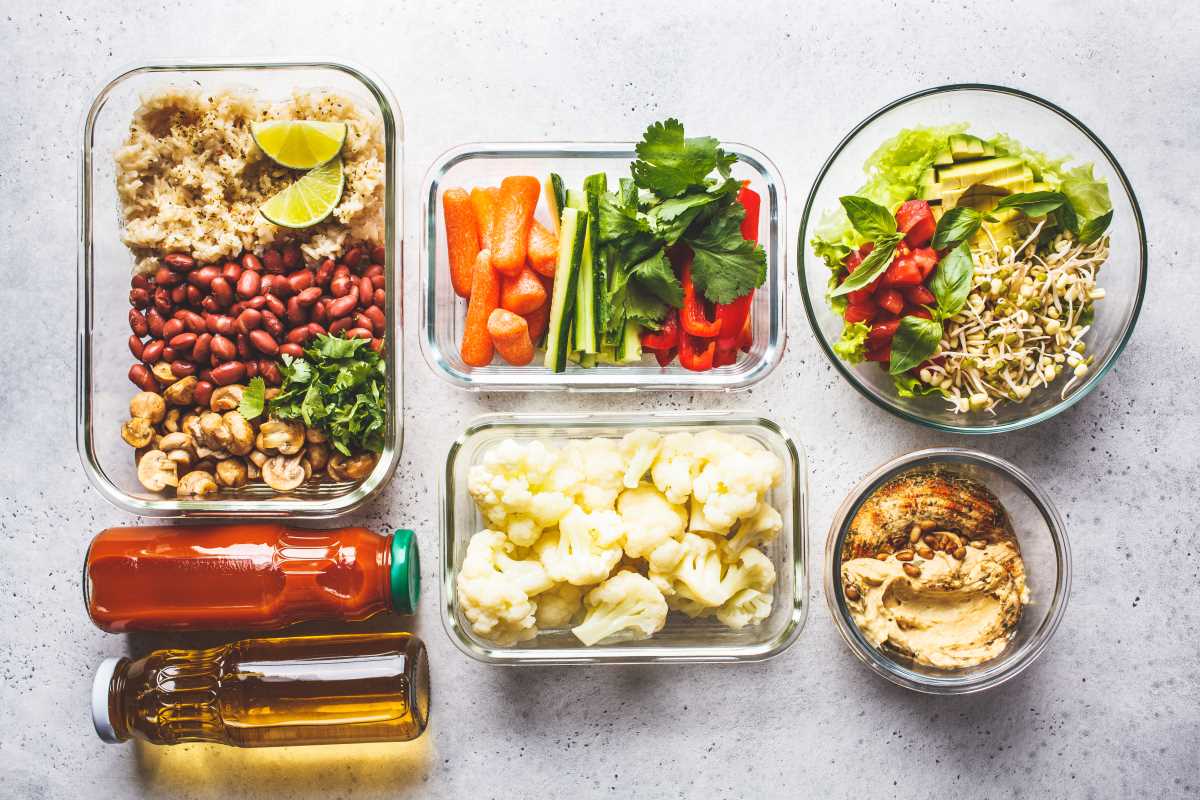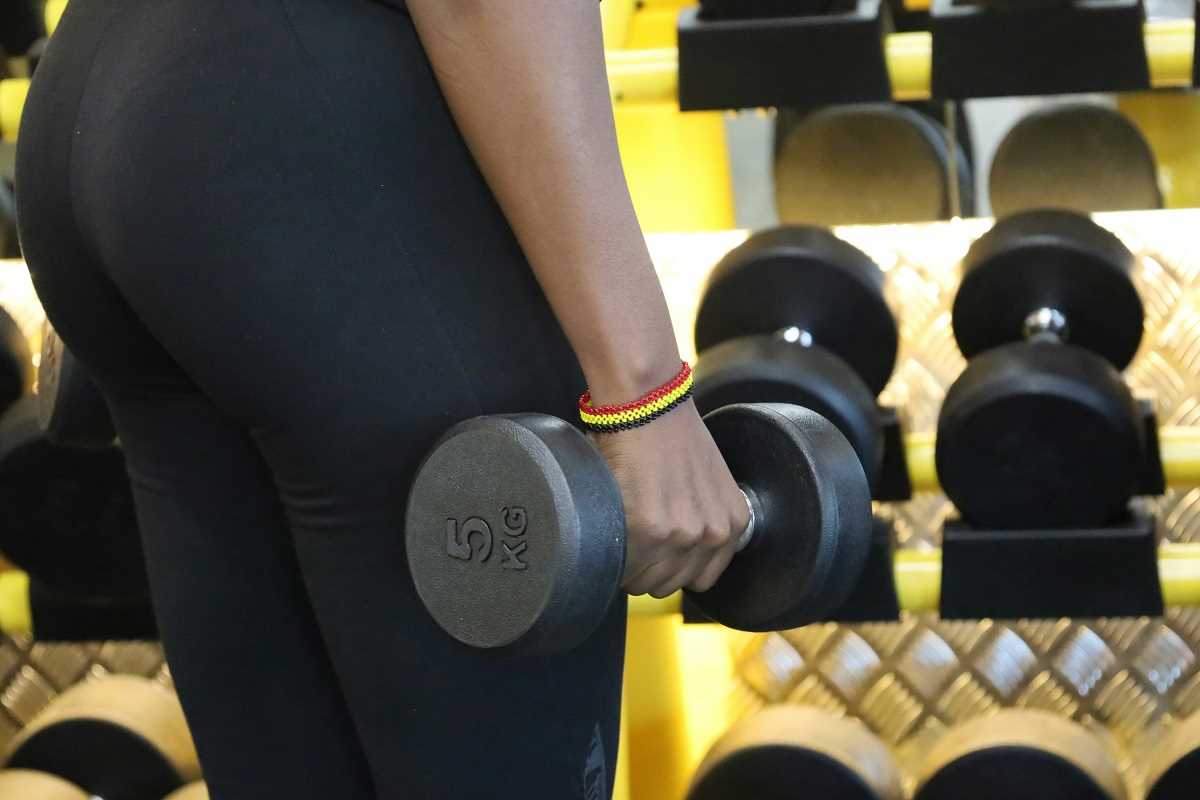For triathletes, recovery stands as a vital component of their training journey. It's the period where muscles mend, energy reserves are restored, and the body gears up for the next challenging session. Without adequate recovery, athletes risk hindering their progress and performance. Nutrition becomes a lynchpin in this process, providing the essential fuel the body needs to recover efficiently and build resilience. By adhering to nutrition plans grounded in scientific research, triathletes can significantly shorten their recovery periods. This not only aids in bouncing back more robustly but also contributes to an improvement in their overall athletic performance.
The Science Behind Recovery Nutrition
Understanding the science of recovery nutrition helps triathletes make informed decisions about what to eat after training. Effective post-workout nutrition doesn't simply replace lost calories; it specifically targets the body's needs to maximize recovery.
- Glycogen Replenishment: After intense exercise, muscles deplete glycogen stores. Consuming carbohydrates helps restore these energy reserves.
- Protein Synthesis: Protein intake post-workout supports muscle repair and growth by providing essential amino acids.
- Hydration Balance: Rehydrating with the right fluids and electrolytes ensures that the body maintains optimal function.
- Inflammation Reduction: Certain nutrients possess anti-inflammatory properties that help reduce muscle soreness and accelerate recovery.
Essential Nutrients for Triathletes
To recover effectively from training sessions, triathletes need a balanced intake of specific nutrients. Each plays a unique role in the recovery process, ensuring the body is ready for the next challenge.
- Carbohydrates: Replenish glycogen stores and provide energy for subsequent workouts.
- Proteins: Aid in muscle repair and growth, preventing muscle breakdown.
- Electrolytes: Restore essential minerals lost through sweat, maintaining fluid balance and nerve function.
- Antioxidants: Combat oxidative stress caused by intense training, reducing muscle fatigue.
- Healthy Fats: Support hormone production and joint health, essential for long-term training sustainability.
Creating a Personalized Nutrition Plan
Each triathlete is unique, and so are their nutritional needs. Tailoring a nutrition plan to individual requirements ensures that each athlete gets the most out of their recovery process. Factors such as training intensity, body composition, and personal dietary preferences must be considered when designing a nutrition approach.
Working with a sports nutritionist or using personalized dietary tools can help athletes improve performance. By customizing meal plans and nutrient timing, triathletes can ensure they're fueling their bodies in the most effective way possible.
Common Mistakes to Avoid
Even with the best intentions, athletes can sometimes make mistakes in their post-workout nutrition that hinder recovery. Being aware of these common pitfalls helps triathletes stay on track.
- Delaying Nutrition: Waiting too long after a workout to eat can slow down the recovery process.
- Ignoring Hydration: Failing to replenish lost fluids and electrolytes can lead to dehydration and impaired performance.
- Overemphasizing Protein: While protein is important, neglecting carbohydrates can prevent full glycogen restoration.
- Consuming Excessive Calories: Overeating post-workout can lead to unwanted weight gain and impede athletic performance.
- Not Balancing Nutrients: A diet lacking in essential vitamins and minerals can affect overall health and recovery quality.
Practical Tips for Implementation
Incorporating a structured nutrition plan into daily routines does not have to be complicated. Simple approaches can make a big difference in how effectively triathletes recover and perform.
Start by planning meals around training sessions. Have a balanced snack ready within 30 minutes of finishing a workout to kickstart the recovery process. Preparing meals in advance can also help ensure that you have access to the right nutrients when you need them most.
Consistently staying hydrated by carrying a water bottle and tracking fluid intake can help maintain optimal hydration levels. Experiment with different nutrient ratios to find what works best for your body, and adjust your plan based on how you feel and perform.
By applying these tips, triathletes can seamlessly integrate their nutrition plans into their busy schedules, ensuring that recovery supports their training goals and leads to improved performance on race day.
A well-designed post-workout nutrition plan is vital for triathletes to optimize recovery and enhance performance. By focusing on essential nutrients, personalizing dietary intake, and avoiding common mistakes, athletes can elevate their training and build a stronger, more resilient body for triathlon competitions.







